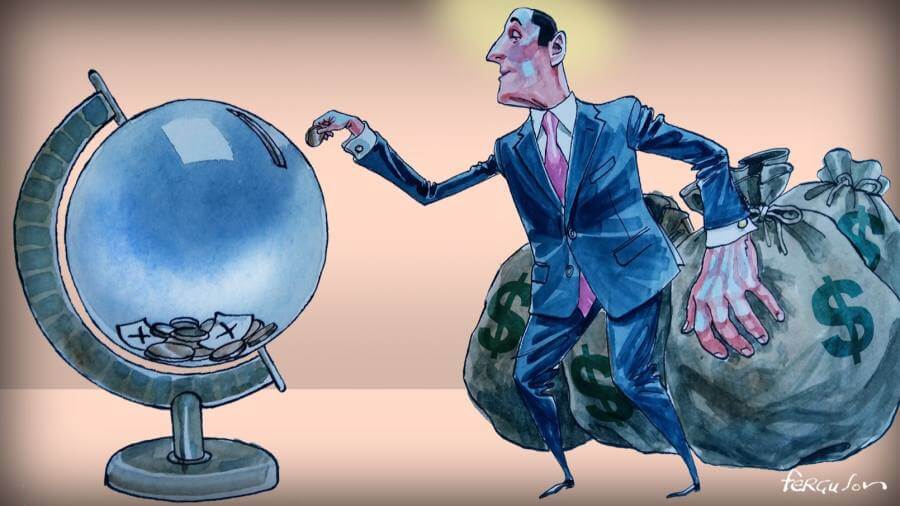We in the western world confront two crises: a collapse in trust in our democratic political system and a planetary environmental threat. The former requires the renewal of common purpose at home. The latter requires not just common purpose at home, but shared global purpose. These are things business cannot provide. It will take effective politics, instead. A big question is whether business will be able to promote the needed political solutions or just create political problems.
A small gleam of light on the politics comes from a report out today from the Centre for the Future of Democracy at Cambridge, entitledThe Great Reset. It concludes from opinion surveys in 27 countries, including all the western democracies, that the pandemic has strengthened trust in government and significantly damaged the credibility of populists. But it has not so far increased support for democracy. This is at least moderately encouraging. Trust in government is a necessary condition for action, especially when, as in the case of the environment, that means sacrifice.
A big issue, however, is where business fits in. This is a particularly appropriate question to ask this week, when the World Economic Forum, an organisation that brings global business leaders together, is meeting, albeit virtually.
Businesses operate within a system: market capitalism. This system is now globally dominant, at least in the economic domain. That is true even in today’s China. The essence of capitalism is competition. That has profound implications: competitive profit-seeking entities are essentially amoral, even if they are law-abiding. They will not readily do things that are unprofitable, however socially desirable, or refuse to do things that are profitable, however socially undesirable. If some try to do either of these things, others will outcompete them. Their shareholders may also revolt. Being or pretending to be virtuous may bring benefits to a company. But others may do well just by…






